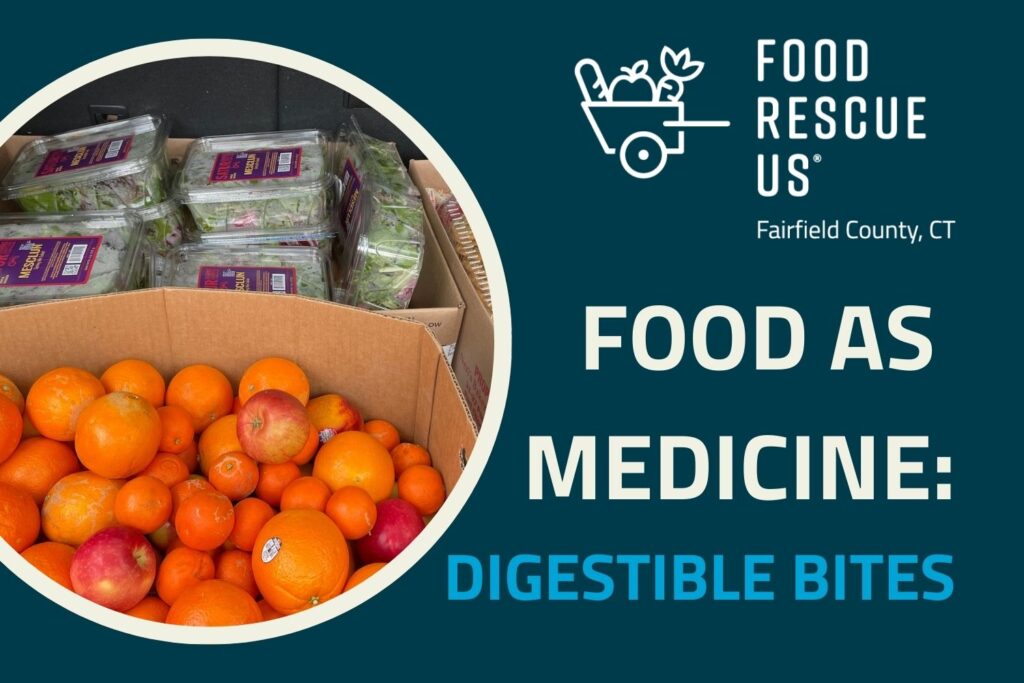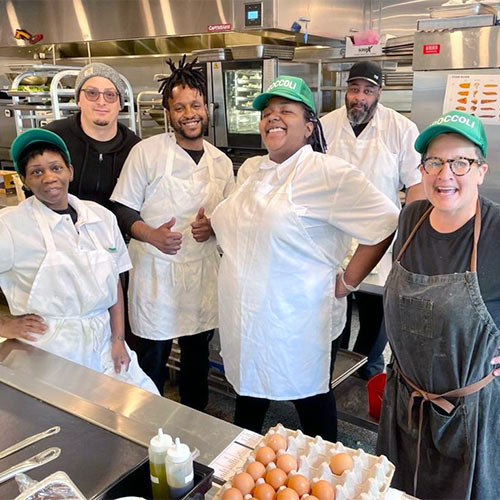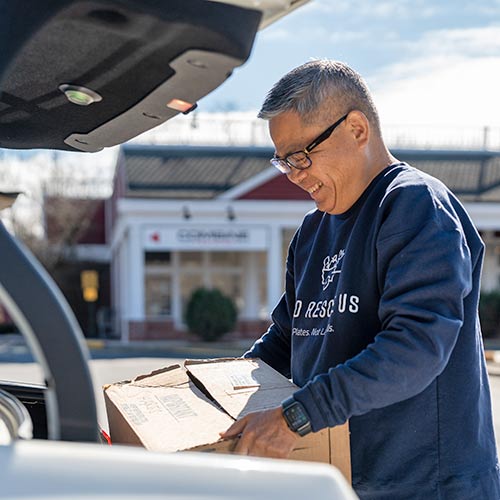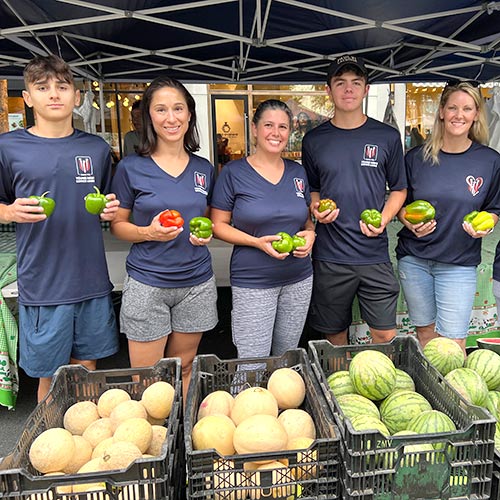FOOD AS MEDICINE: DIGESTIBLE BITES – FEBRUARY 2024
Each month, we cull through all of the “food as medicine” news to highlight the most recent and exciting developments in the field for Digestible Bites. Periodically, we highlight standout local organizations and/or people who promote food as medicine in our community.
The shorter version:
- If the government recognizes that “food is medicine,” why aren’t they taking hunger more seriously? A Salon article points out that “despite all the evidence suggesting how much of an impact connecting Americans with nutritious, culturally-appropriate food could have, two of the most important anti-hunger programs in the United States have come under increased fire from conservative lawmakers.”
- Colombia passes ambitious “junk food law” to tackle lifestyle diseases. The Latin American country is one of the first in the world to introduce a health tax targeting ultra-processed foods!
- SNAP recipients may struggle to meet dietary goals, especially in food deserts. A new study from the University of Notre Dame found that SNAP participants in low-income households may not be able to meet the nutrition levels set by the Dietary Guidelines for Americans (DGA).
- Mass General Brigham’s Teaching Kitchen prescribes food as medicine. Patients who are prescribed food can pick up bags of fresh produce at the hospital’s attached pantry and sample dishes made with the ingredients are available at the kitchen next door.
- Supermodel Gisele Bündchen weighs in on the value of food: “Food is medicine. For me, eating quality foods and [sourcing] high-quality supplements is key, because this is my temple.”
The longer version:
If the government recognizes that “food is medicine,” why aren’t they taking hunger more seriously?
Despite the fact that no one would dispute that all Americans should have access to healthy food, a Salon article points out that “two of the most important anti-hunger programs in the United States have come under increased fire from conservative lawmakers.”
- Prior to the pandemic, the Supplemental Nutrition Assistance Program (or SNAP) required that people younger than 50 who met certain requirements had to volunteer, work or receive job training for 80 hours a month in order to receive regular assistance. The new budget cuts package raised the age of recipients required to work to 55 and, according to The Center for Public Integrity, made it harder for states to waive work rules in areas with high unemployment.
- The Special Supplemental Nutrition Program for Women, Infants, and Children, or WIC, may not receive the funding it needs to adequately serve participants. “In a December press release, the USDA itself wrote that WIC costs are higher this year than last year, in part because more eligible people are signing up for the program meaning, per the organization, that “more pregnant women, new mothers, infants, and children are getting access to nutritious food and important health resources they need to thrive.’”
Colombia passes ambitious ‘junk food law’ to tackle lifestyle diseases
The Latin American country is one of the first in the world to introduce a health tax targeting ultra-processed foods. “Colombia has implemented a “junk food law” whose tax system aims to curb consumption of processed food and sugary drinks. The tax will target ultra-processed foods with an additional 10% surcharge, which will progressively increase to 20% in 2025.”
The revenue raised by the ultra-processed food tax will be used to subsidize healthy food options, either by directly reducing the retail price or providing vouchers or discounts to consumers. “The tax targets ultra-processed products defined as industrially manufactured ready-to-eat foods, as well as those high in salt and saturated fat; some traditional Colombian foods, for example salchichón sausage, will be excluded from the tax.”
The average Colombian consumes more salt than any Latin American country. “Nearly a third of adults in the country have high blood pressure. We want to avoid following the path of rich industrialized nations like the United States, where diet-linked diseases are a big problem,” said Beatriz Champagne, executive director of the Coalition for Americas’ Health, a Latin American advocacy group.
SNAP recipients may struggle to meet dietary goals, especially in food deserts. A new study from the University of Notre Dame found that SNAP participants in low-income households may not be able to meet the nutrition levels set by the Dietary Guidelines for Americans (DGA). “What we found was vitamins and minerals are very difficult to actually hit the dietary guidelines on,” said Joe Germino, a doctoral student in the Lucy Institute’s DIAL Lab who is advised by Chawla. “You have to make a conscious decision to go and find food items that are cheap enough and actually match your budget. It just adds another layer of complexity to an already difficult problem when you’re living in a food desert.”
The project will culminate with an app that employs optimization methods to recommend and suggest healthier food items to people based on their dietary goals and their budgets.
Mass General Brigham’s Teaching Kitchen prescribes food as medicine
Mass General Revere HealthCare Center just opened a new attached kitchen “that looks like the set of a Food Network show…It means thinking about food and nutrition in the same way we think about medications and surgeries,” explained Dr. Jacob Mirsky, a primary care physician and medical director for the Teaching Kitchen. Patients who are prescribed food can pick up bags of fresh produce at an attached pantry, and then sample dishes made with the ingredients next door at the kitchen.
Thanks,
Michelle Colman
Food Rescue US – Fairfield County Food as Medicine Liaison




